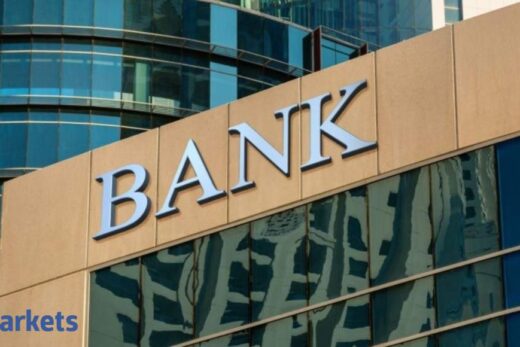Even among those that have survived, one burns more public money than fuel, while another has filed for an initial public offering so that it can pay up its day-to-day fuel cost. Yet another, though alive, is losing market share rapidly in many quarters. The rest of them are raising huge sums of money from their promoters and lenders to fly through the crisis.
The bottom line is, the industry which was already gasping for breath, has been forced on its knees by the ongoing Covid-19 pandemic.
But, there is one, which despite having been bruised like never before, is trying its best to stand up. And, this has impressed some on Dalal Street.
Interglobe Aviation, which runs low cost carrier IndiGo, for the June quarter posted losses at the rate of Rs 35 crore daily, which was larger than any expectation. This loss took its combined loss for the last six quarters to close to Rs 10,000 crore.
The company said its business suffered heavily due to the second wave of the pandemic. The net debt of the company also ballooned to Rs 31,690 crore, 22.5 per cent more than year-ago levels. This includes its liability towards aircraft it has taken on lease.
There is no clarity on when the company will come back in black. Most analysts believe it would continue to post losses for the entire fiscal 2022, given passengers are still reluctant to travel and a third wave of pandemic is imminent.
However, amid all this, what stands IndiGo apart from peers is its strong war chest. The company is sitting on Rs 17,067.9 crore of total cash, including a free cash of Rs 5,620.7 crore. It should be noted that the net cash level is down over 7 per cent from a year ago, but that should not be much of a worry, said analysts.
The company will also come out with Rs 3,000 crore QIP that will further strengthen its balance sheet, though the firm did not announce the date for the same.
Some analysts think the company is best positioned to come out of the crisis as a winner. It is already grabbing market share from rivals and now commands over half of the total market in the country.
Inasmuch global brokerage house Morgan Stanley is least bit worried about its streak of losses. The broker is ‘overweight’ on the stock and sees its franchise is getting stronger. It sees 39 per cent potential upside in 12-month time. “Air travel opportunities continue to be high. IndiGo’s competitive lead on the customer and cost fronts” will help the company, said analysts at Morgan Stanley.
They are not the only ones with an optimistic view on the stock. Aditya Mongia of Kotak Institutional Equities said the company’s low rate of customer complaints, fuel-efficient fleet, good relationship with lessors are some of the factors that will help IndiGo to “emerge stronger from the Covid crisis to deliver results from FY23”.
“In the near term, its strategy is to maximize flying capacities while covering for variable costs. Planning on such counts is happening on a weekly basis, suggestive of a volatile operating environment. Near-term performance thus won’t be an indicator of endgame for the sector in terms of market share split and yields,” he added, assigning a ‘buy’ rating with target at Rs 2,250.
On Thursday, the stock closed at Rs 1,653.25 on BSE.
Analysts said the stock is also pricing in a sharp recovery during FY23. Shares of IndiGo remained more or less flat during the second wave of the pandemic, unlike its peers. It is also trading above its pre-Covid levels, benefiting from the rally in the market.
However, not every analyst sees this price action to continue, at least in the next 12-month time, as they count many risks that will keep its earnings subdued. Moreover, the travel outlook is still uncertain.
Swarnendu Bhushan of Motilal Oswal pointed out that the cash burn increased to Rs 35 crore per day in Q1 from Rs 19 crore per day in Q4. He said concern over yields resurfaced as the company also said the metric would continue to remain under pressure until demand recovers.
Many have downgraded the stock to ‘reduce’ and ‘sell’ with expected downside up to 25 per cent. Overall, the consensus rating seems to be ‘hold’, the Refinitiv data shows. Though it highlights that the company scores low among transport services peers, meaning it may not be the best option to invest.
But, till now the Street has not given much thought to headwinds around IndiGo and buying has continued. However, if the company continues to burn its cash at the same rate as in Q1, traders will not take much time to treat it like its industry peers.



